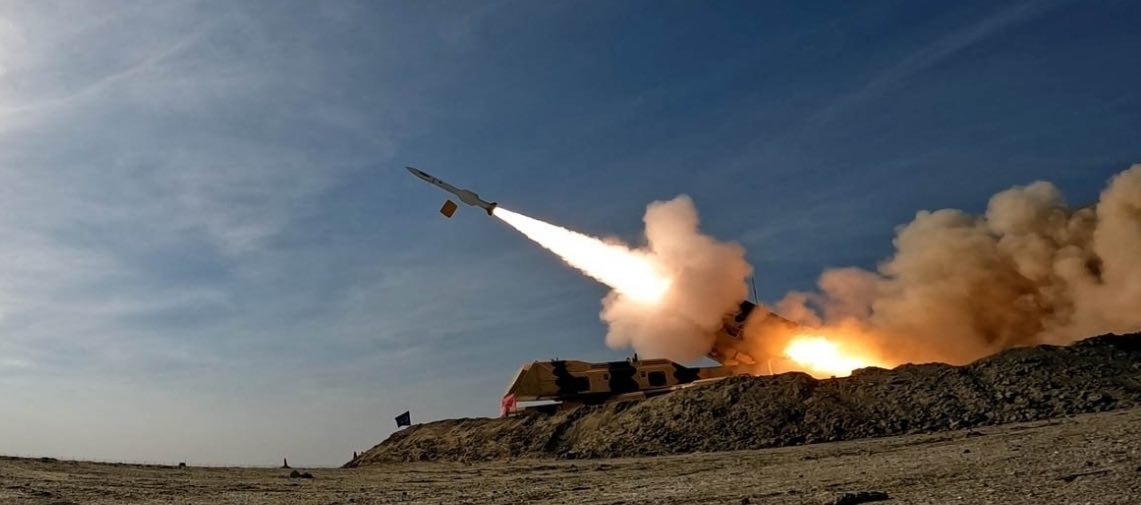How to Restore Iran’s Deterrence
How to Restore Iran’s Deterrence: Iran’s retaliatory attack would lead the United States and the European Union to intensify their support for Israel.
However, it does not seem that such an attack will occur in the short term. Iranian leaders have clearly stated that Lebanon’s resistance has enough capability to react to Israel on its own without needing Iran’s help.
To understand the nature of Iran’s potential reaction and its impact on diplomatic engagements with the West, we must first recognize Hezbollah’s role in Iran’s defensive strategy. Iranian leaders realized too late that Israel’s risk assessment has changed dramatically since October 7th, and previous red lines no longer hold meaning.
Although some might view the assassination of Sayyed Hassan Nasrallah as a reckless move by Netanyahu to divert attention from his failures in Gaza and bolster his political standing, there is no evidence that Netanyahu’s emotional methods have faced resistance from Israeli military leaders, the opposition, or public opinion as a whole. Given that the Biden administration has shown no willingness or ability to limit Israel’s actions, it means Iran must once again establish something akin to a deterrent.
The option of weaponizing Iran’s nuclear program was becoming more appealing even before Israel’s attack on Lebanon, and now many people support it. However, this option carries significant risks.
Although Iran possesses sufficient technical knowledge and nuclear materials to build a bomb, merely deciding to do so would lead to Israel or the United States attacking Iran’s nuclear infrastructure.
This decision would also trigger the snapback mechanism and the reinstatement of six suspended United Nations Security Council resolutions based on Resolution 2231. The United States is no longer a member of the JCPOA, but the UK and France are, and each can trigger the snapback. There is still time for such action until October 2025, when this mechanism expires. The re-imposition of Security Council sanctions against Iran would destroy all of the Medical Council’s plans for dialogue with the West, lifting sanctions, and improving Iran’s economic situation, exacerbating public dissatisfaction in Iran.
Another option for Iran could be to rapidly upgrade its air defense, something it should have done regardless.
However, in the current situation, this means relying on Russia and hoping that Russia is willing to reciprocate Iran’s steps to send drones and, according to some reports, missiles to Russia.
But Russia has its own calculations, including concerns about alienating its other partners in the Middle East, namely Saudi Arabia and the UAE, if it gets too close to Iran.
Even if Iran can overcome these considerations, Moscow might demand much more from Iran, including establishing a military base on Iranian soil, which is politically a very contentious issue in Iran.
However, if Iran faces an existential threat, the Islamic Republic would move closer to Russia, thereby reducing the chance of resuming talks with the West, especially Europe.
If the Biden administration used its leverage against Israel and acted in good faith on the nuclear program and regional security issues, all these possibilities could have been avoided. Given that the U.S. is in the middle of election campaigns, the chances of such actions from Washington are zero.

